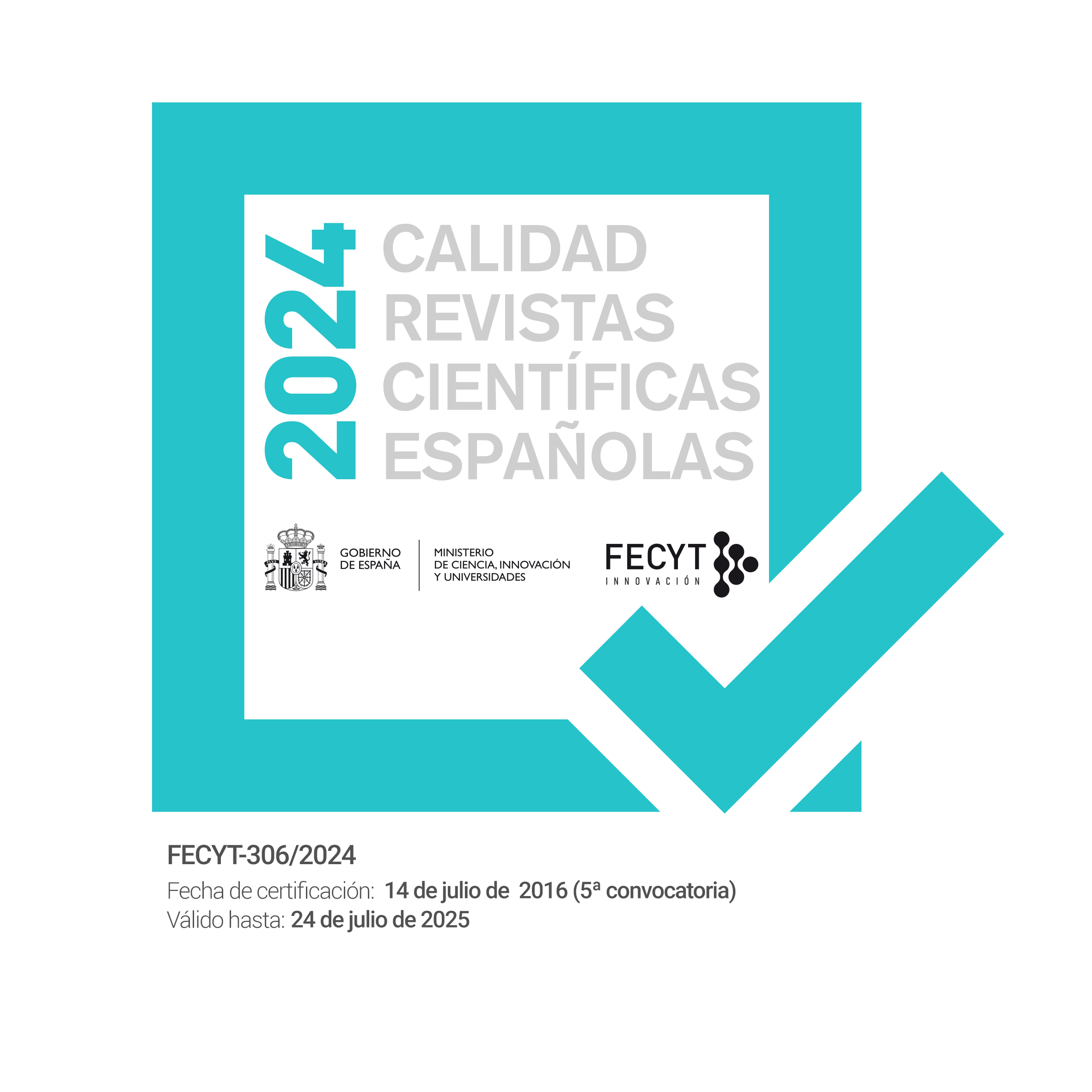Reviewing the theory and practice of political surveys. What some masters teached us
DOI:
https://doi.org/10.22325/fes/res.2017.14Keywords:
General Electoral Law, polls, voting memory, electoral campaign, audiencesAbstract
In recent years published polls made mistakes when “forecasting” results of elections and referéndums. It is not only a Spanish problem. This has weakened confidence of public opinion and customers on this research technique. The logic of any applied science or technique is the accumulation of knowledge, however, this field seems to be an exception because slips are repeated in the United States, Great Britain, France or Spain. The origin of this problem is the lack of a consistent theory about voting memory and cognitive processes of respondents in their answers to surveys. The theory seems replaced by a priori and mutual monitoring between those responsible for the surveys that are published. Political polls influence public opinion. The distortions in the estimates that were published between 2014 and 2016 affected party strategies in the election campaign and the outcome of the elections. There is a risk that the published surveys may have become an ingredient of the show with which media seeks to attract or influence audiences. A final conclusion is that, in this regard, the ban on publishing polls should be maintained in the week prior to the elections.Downloads
Published
2017-11-01
How to Cite
Gómez Yáñez, J. A. (2017). Reviewing the theory and practice of political surveys. What some masters teached us. Spanish Journal of Sociology, 26(3-SUP). https://doi.org/10.22325/fes/res.2017.14
Issue
Section
Debates
License
In the event that your manuscript is accepted for publication in Revista Española de Sociología, it will be understood that the authors access to:
• The transfer of the copyright of the article to Revista Española de Sociología.
• The assignment to the Revista Española de Sociología of the rights of commercial exploitation of the article to third parties both in the offset and digital formats, as well as to the search engines and platforms that may serve as intermediaries for the sale or knowledge of the article.



